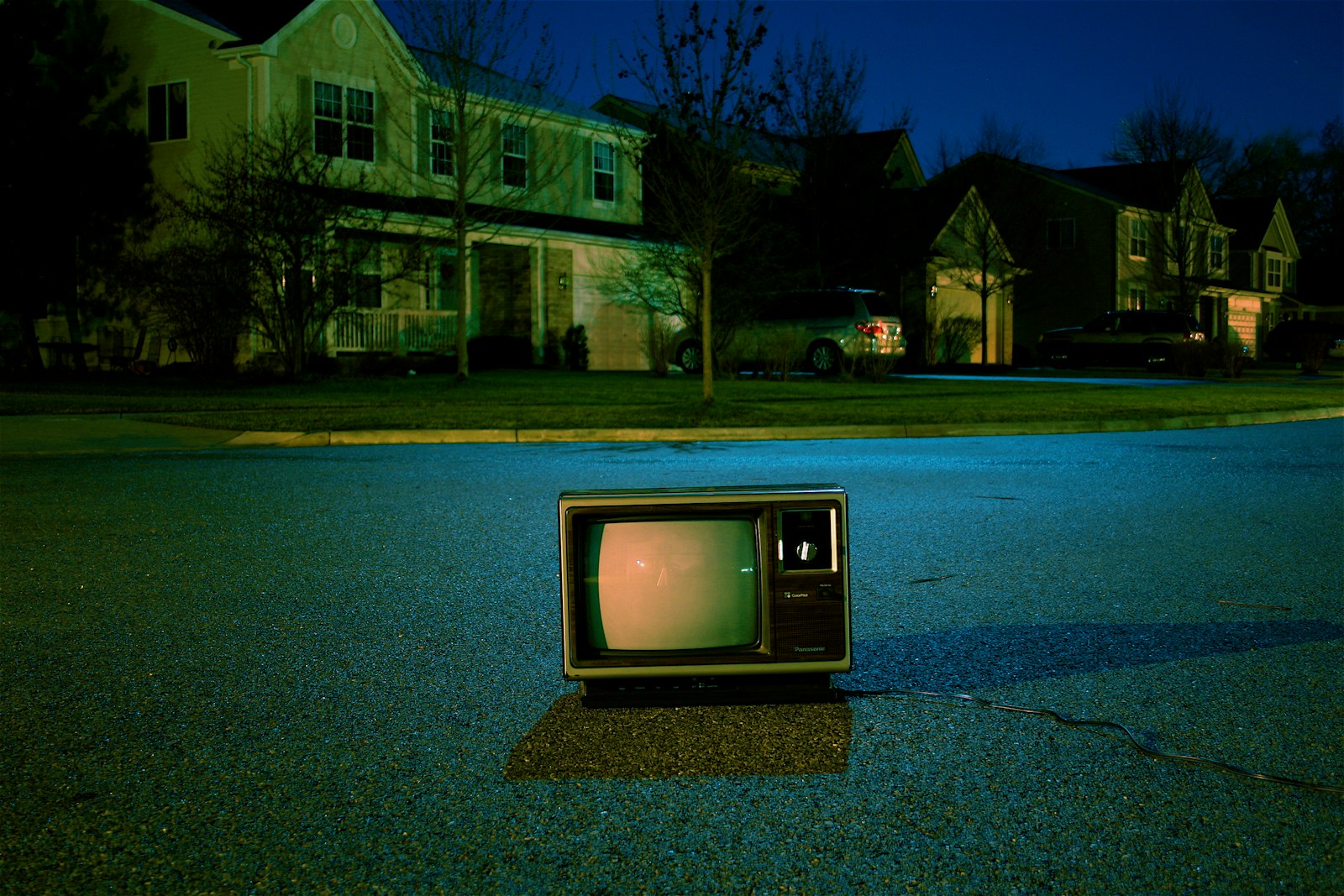
Introduction
Television has come a long way since its inception, evolving through various genres and formats, with the British television scene playing a pivotal role in shaping the global entertainment landscape. From groundbreaking comedies to intense dramas, the UK’s small screen has produced a treasure trove of shows that not only entertained but also pushed boundaries and changed the way we think about television. Let’s take a stroll down memory lane and explore some of the most influential British TV shows that left an indelible mark on the medium.
The Birth of Modern Comedy
Monty Python’s Flying Circus
When it comes to innovative comedy, few shows can rival the absurd genius of Monty Python’s Flying Circus. Premiering in 1969, this sketch comedy series broke all the rules and brought surrealism into mainstream television. With its unconventional structure, quirky characters, and self-referential humor, it paved the way for countless comedy shows that followed. The Pythons’ influence can be seen in modern comedic giants, proving that laughter could be both clever and chaotic.
Fawlty Towers
Another comedy classic that changed the landscape is Fawlty Towers. Starring John Cleese as the brash and rude hotel owner Basil Fawlty, this series, though short-lived with only two seasons, became a hallmark of British comedy. Its blend of character-driven humor and sharp wit influenced sitcoms worldwide, proving that superb writing and character development could elevate comedy to new heights.
The Rise of Drama
Coronation Street
Moving beyond comedy, let’s talk about the long-running soap opera, Coronation Street. First aired in 1960, this show has become synonymous with British television. It introduced viewers to the lives of ordinary people in a working-class environment, tackling issues like love, betrayal, and social change. Its success helped establish the soap opera genre, inspiring similar formats around the globe. The show’s ability to mirror societal changes makes it a cultural touchstone.
Doctor Who
No conversation about influential British television would be complete without mentioning Doctor Who. Since its debut in 1963, the show has become a cultural phenomenon, captivating audiences with its unique blend of science fiction, adventure, and rich storytelling. The concept of regeneration allowed the show to refresh itself over decades, attracting new generations of fans. Its impact is seen in the popularity of sci-fi series worldwide, proving that imaginative storytelling can transcend time and space.
Breaking New Ground
The Office
When it comes to redefining the sitcom format, The Office stands out as a trailblazer. Created by Ricky Gervais and Stephen Merchant in 2001, this mockumentary-style series took viewers into the mundane lives of office workers with a refreshing dose of realism and cringe-worthy humor. Its innovative approach inspired a wave of similar shows, including the American version, which became a massive success. The Office showed that everyday life could be both hilarious and relatable, changing the narrative around workplace comedies.
Black Mirror
Fast forward to the 21st century, and we find ourselves in the realm of Black Mirror. This anthology series, created by Charlie Brooker, delves into the dark side of technology and society. Each episode presents a standalone story that explores themes of dystopia and human nature, forcing viewers to confront uncomfortable truths about modern life. Its thought-provoking narratives have not only sparked conversations but also influenced a new wave of anthological storytelling in television.
Pioneering Diversity
Absolutely Fabulous
The 1990s saw a significant shift towards representing diverse voices on television, with Absolutely Fabulous leading the charge. Starring Jennifer Saunders and Joanna Lumley, this satirical comedy explored the lives of two eccentric women obsessed with fashion and fame. Its unapologetic portrayal of excess and the complexities of female friendship resonated with audiences and challenged traditional gender roles.
Fleabag
Phoebe Waller-Bridge’s Fleabag further pushed the boundaries of storytelling in television. This groundbreaking series, which aired in 2016, combined raw honesty with dark humor, presenting a complex female protagonist who navigates love, loss, and family dynamics. Its unique narrative style, complete with breaking the fourth wall, captivated audiences and earned widespread acclaim. Fleabag’s success highlighted the importance of authentic storytelling and representation in the industry.
Revolutionizing Reality TV
Big Brother
When it comes to reality television, Big Brother changed the game. Premiering in 2000, this social experiment brought strangers together in a house, where they lived under constant surveillance. This concept not only captivated viewers but also sparked a global franchise that has since become a staple of TV programming. Big Brother demonstrated the allure of reality TV, paving the way for countless spin-offs and variations.
Love Island
The evolution of reality TV is epitomized by Love Island, which debuted in 2015. This dating show combines romance, competition, and social strategy, offering a fresh take on the genre. Its captivating format and relatable contestants have drawn in millions of viewers, demonstrating the power of social media and audience engagement. Love Island’s success has influenced countless other reality shows, proving that love and drama can be a winning formula.
Conclusion
British television has undeniably changed the landscape of the medium, producing shows that have become cultural landmarks and influenced generations of viewers and creators alike. From the humor of Monty Python and the poignant storytelling of Doctor Who to the innovative narrative styles of Fleabag and Black Mirror, the UK has shown that television is more than just entertainment; it’s a platform for social commentary, creativity, and exploration of the human experience.
As we continue to consume and create television, it’s important to recognize the trailblazers that came before us. These shows not only entertained but also challenged, inspired, and brought us together, reminding us of the incredible power of storytelling. So the next time you sit down to binge-watch your favorite series, take a moment to appreciate the rich history of British television and the legacy it has left on screens around the world.


